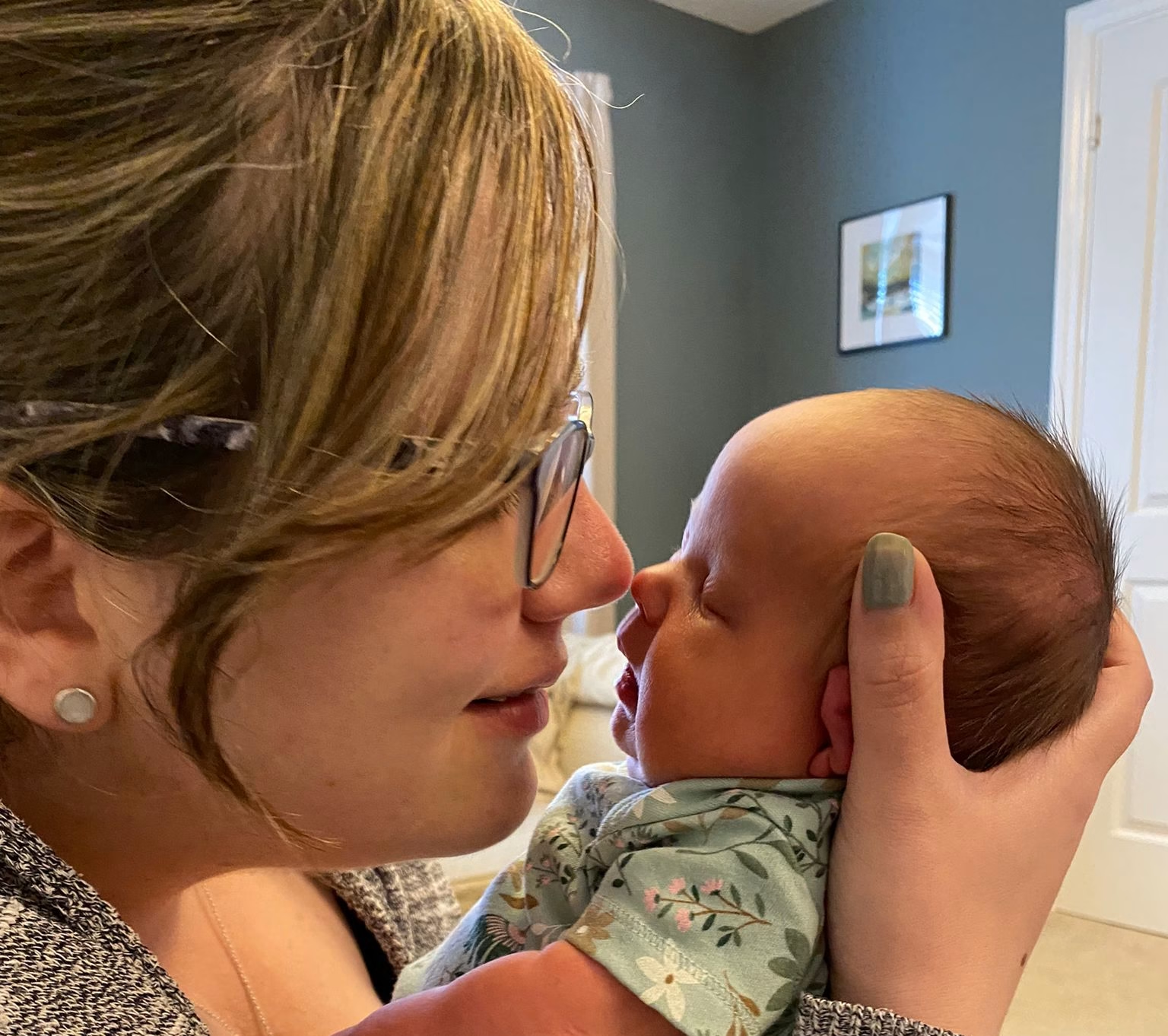- by Helen Taylor, TEP
Planning for the future is essential for families of people with Down syndrome. When it comes to managing finances and ensuring long-term security, Trusts play a vital role. They allow you to provide financial support for your loved one while protecting their eligibility for means-tested benefits and shielding them from financial risks.
In this blog post, we’ll explore what a Trust is, why it’s crucial for families with a child or adult with Down syndrome, and how to set one up effectively.
What is a trust?
A Trust is a legal arrangement where you (the “Settlor”) place assets (such as money, property, or investments) into the care of chosen individuals (the “Trustees”) to manage on behalf of a beneficiary (in this case, your loved one with Down syndrome).
The Trustees are legally responsible for managing and using the Trust assets according to your wishes, usually set out in a document called a Letter of Wishes.
Trusts can be created through your Will, taking effect when you pass away, or during your lifetime for specific assets such as life insurance, death in service benefits, or pensions.
Why trusts are essential for families of people with Down Syndrome
Leaving an inheritance directly to a child with Down syndrome can cause unintended problems:
- Means-tested benefits and social care could be lost if the individual has too much capital.
- They might be vulnerable to financial exploitation or mismanagement.
- They may not have capacity to manage an inheritance.
A Trust ensures that assets are held safely and used to improve the individual’s quality of life without disrupting their eligibility for financial support.
Types of trusts for a person with Down syndrome
There are two main types of Trusts to consider:
1. Disabled person’s trust
Specifically designed for a beneficiary who meets the statutory definition of “disabled” (e.g. in receipt of high-rate DLA or PIP).
Only the disabled person can benefit from the Trust, with a very small allowance for others.
Provides tax efficiency and ensures means-tested benefits are preserved.
Can be somewhat inflexible and challenging to amend in the future.
2. Discretionary trust
More flexible and future-proof.
Allows Trustees to decide how, when, and to whom the assets are distributed.
Can name multiple beneficiaries, including your child with Down syndrome.
If the Trust is structured properly, it can also protect eligibility for means-tested benefits.
Each type of Trust has advantages and disadvantages, and it’s essential to discuss your family’s specific situation with a solicitor who understands the complexities.
When to set up a trust
In your will:
A Trust can be created through your Will, with assets passing into it upon your death. This approach often involves lower upfront legal costs and leaves your Will comprehensive. However, only assets distributed by the Will will enter the Trust.
During your lifetime:
Setting up a separate Trust during your lifetime can be especially useful for handling assets like life insurance policies, death in service benefits, or pensions which are not covered by your Will. Family members can also contribute to this Trust, ensuring continuity.
Who should be your trustees?
Trustees are crucial to the successful management of the Trust. Choose 2–4 trustworthy individuals who understand your child’s needs and will act in their best interests. Trustees can be:
Family members or close friends.
Professional advisors, such as a solicitor or a trust corporation.
The Trustees will manage and distribute funds, deciding how they’re used to benefit your loved one. This could include paying for:
Specialist equipment.
Therapy or support services.
Holidays and leisure activities.
The role of the letter of wishes
A Letter of Wishes is a flexible document where you can explain:
Why you’ve created the Trust.
How you’d like Trustees to support your child.
Your child’s preferences, likes, and dislikes.
Future hopes and expectations.
What should happen to remaining funds after your child’s lifetime.
Although not legally binding, Trustees are expected to follow the guidance unless they have a very good reason not to.
Other reasons to use trusts
Trusts aren’t just for protecting a disabled beneficiary, they can also:
- Protect your assets from being used to fund your own care home fees.
- Safeguard the interests of children from previous relationships.
- Provide for elderly or infirm relatives without compromising their care entitlements.
- Preserve business or agricultural property for future generations.
Next steps: setting up a trust
- Seek specialist legal advice from a solicitor accredited by STEP or a Lifetime Lawyer.
- Consider setting up the Trust as part of your Will or as a separate Trust during your lifetime.
- Discuss your plans with family members to ensure consistency in their Wills and gifts.
Key takeaways
- A Trust helps provide for your child with Down syndrome while protecting their benefits and care packages.
- Choose between a Disabled Person’s Trust or Discretionary Trust, depending on your family’s needs.
- Trustees and a Letter of Wishes are essential to ensuring your child’s needs are met.
- Professional legal advice is critical to setting up a Trust that works effectively.
- By planning ahead with the right Trust, you can ensure your loved one’s financial future is secure—and that they can live a fulfilling and independent life with the right support.
Share this post









